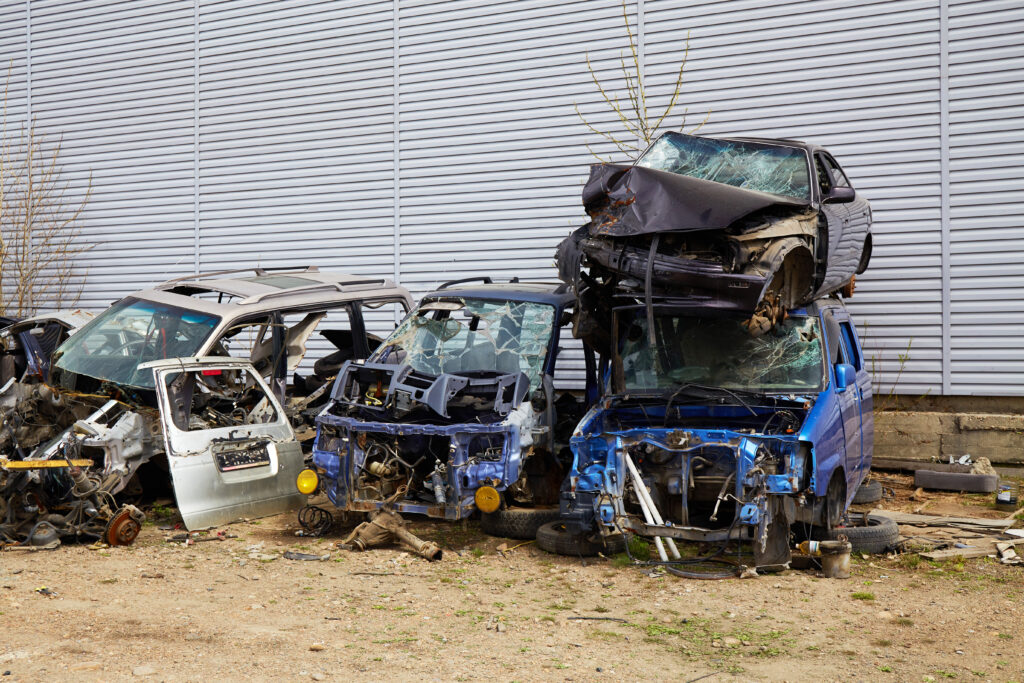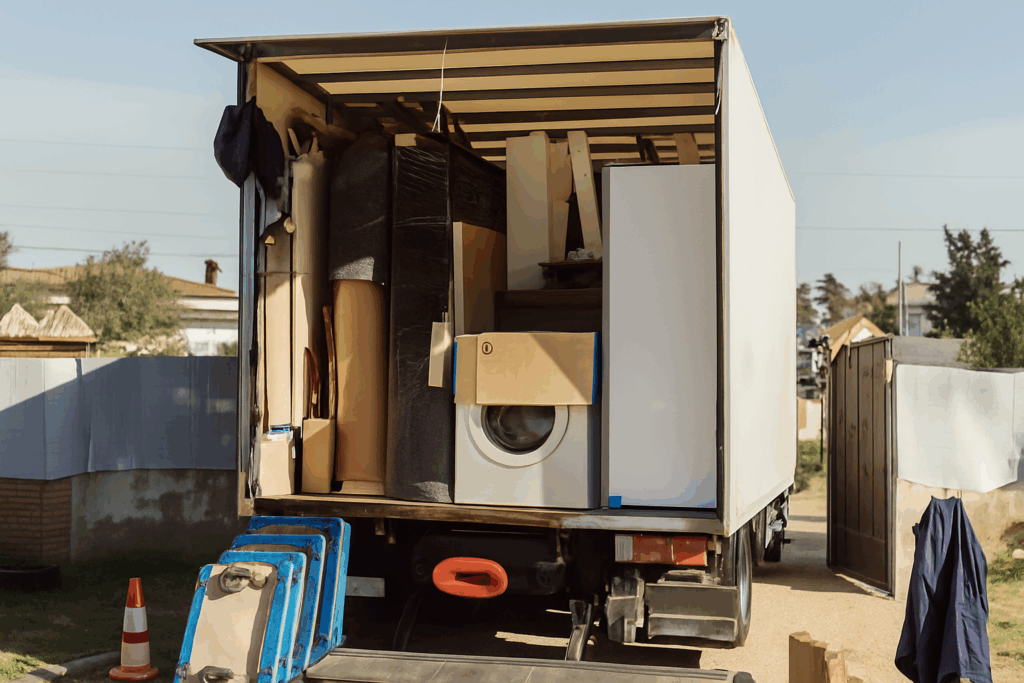Each month, hundreds of thousands of people across the U.S. type “junkyard near me” into their search bar, hoping to find a quick solution for cluttered garages, broken appliances, or piles of scrap. But the reality is that traditional junkyards may not always be the best option — especially for everyday household items.
Junkyards: Important but Limited
Junkyards have long played an essential role in recycling vehicles and metals. They strip down old cars, recover valuable materials, and help reduce waste that might otherwise end up in landfills.
However, the scope of what junkyards can accept is narrow. Most are set up for:
- Cars and auto parts
- Scrap metals such as steel, copper, and aluminum
- Select appliances, often with restrictions
That means items like couches, mattresses, or renovation debris usually can’t be dropped off. And even when they can, the process often requires residents to rent trucks, pay disposal fees, and manage all the heavy lifting.
Why Junk Removal Is Gaining Ground
Instead of handling loads themselves, many homeowners are turning to professional junk removal services. The reasons are clear:
- Convenience: Crews come directly to your home and handle the heavy lifting.
- Range: Junk removalists accept almost everything — furniture, appliances, yard waste, and construction debris.
- Sustainability: Many services recycle or donate items to extend their life.
- Speed: Same-day or next-day pickups are commonly available.
In short, junk removal has become the modern alternative to the junkyard, offering a one-stop solution for households dealing with mixed clutter.
Junkyard vs. Junk Removal
When deciding between a junkyard and a professional junk removal service, it helps to understand the differences:
What Junkyards Offer
- Accept cars, auto parts, and scrap metals like steel, copper, and aluminum
- May take select appliances, but often with restrictions
- Require you to haul items yourself, usually with a truck
- Charge disposal fees and may limit what they accept
- Recycling focus is mainly on metals

What Junk Removal Services Offer
- Accept a wide range of items: furniture, appliances, yard debris, renovation waste, and general household clutter
- Provide full-service pickup directly from your property — no hauling required
- Offer upfront, volume-based pricing with no surprise fees
- Prioritize eco-friendly disposal through recycling and donations
- Available for same-day or next-day service in most areas

The Bigger Picture: Convenience Meets Sustainability
The shift toward junk removal isn’t just about convenience – it’s also about environmental responsibility. With landfill capacity shrinking, communities are prioritizing recycling and reuse.
Professional junk removal companies are increasingly partnering with recycling centers and nonprofits to give items a second life. Furniture can be donated, electronics recycled, and metals repurposed – reducing the burden on landfills while supporting local communities.
The Bottom Line
For scrapping a car or selling metals, junkyards remain essential. But for homeowners facing cluttered basements, broken appliances, or renovation debris, professional junk removal offers a faster, broader, and more sustainable solution.
So the next time you search “junkyard near me” for household junk, the smarter option may not involve a scrapyard at all — but a hauling crew that comes directly to your doorstep.
FAQs: Junkyard vs. Junk Removal
Most junkyards focus on cars, auto parts, and scrap metals such as steel, copper, or aluminum. Some may accept large appliances like refrigerators, but household items such as couches, mattresses, and yard debris are generally not accepted.
It depends. Junkyards may pay you for scrap metal or accept vehicles at little cost. However, once you factor in truck rental, fuel, labor, and disposal fees, junk removal services often provide a more cost-effective solution — especially for mixed household junk.
Yes. While junkyards primarily recycle metals, junk removal companies often go further by donating usable items (like furniture) and recycling a wide range of materials, from appliances to electronics.
For household clutter and mixed items, junk removal services are faster because crews handle the lifting, transport, and disposal in one visit. Junkyards, by contrast, require multiple trips and only accept certain materials.


